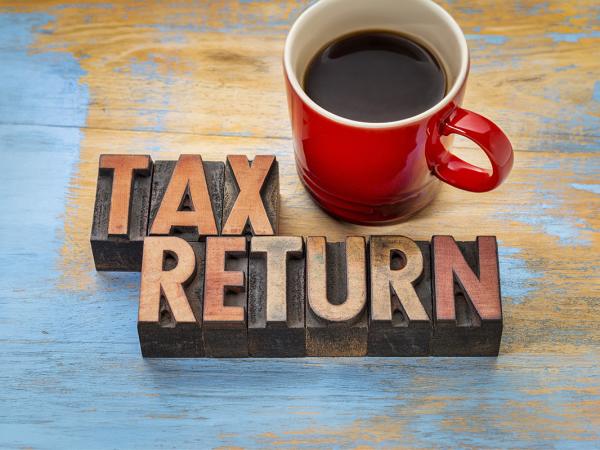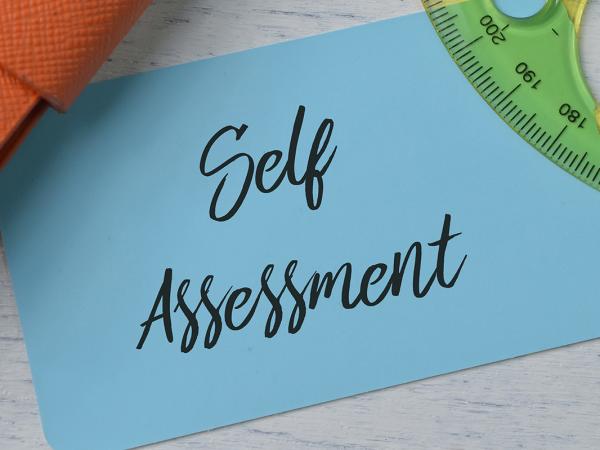Untaxed income: are you confused about when and how to tell HMRC?
Readers have been contacting us as they aren’t sure whether they need to tell HMRC about income that they have received gross (without tax taken off before they get it). Unfortunately, there is no easy answer as there are different sets of criteria you need to consider. Also, the law and HMRC guidance is not completely clear. Below we look at what you can do and how we think the system could be improved. We would also like to hear your experiences, so please tell us what you think!

Untaxed income you might need to report
There are certain types of taxable income that you are likely to receive gross, without any tax having been deducted at source. If you receive taxable income that has not been taxed before you get it, you might need to tell HMRC about it. Examples include the state pension and interest from a bank or building society account.
Source of confusion
There are rules, set out in law, covering when you need to notify HMRC about a tax liability and when you must submit a self assessment tax return. Separately, HMRC have their own guidance as to when they want you to complete a self assessment tax return. Confusion can arise because these different sets of rules do not match perfectly.
- Legal obligation to notify HMRC
-
The first key legal requirement is that you may need to notify HMRC if you owe income tax, capital gains tax, or National Insurance contributions (NIC). This only applies if HMRC have not already issued you with a notice to file a tax return for the year in question.
However, there are some exceptions to this. The most common example is where all your income for the year is taxed under pay as you earn (PAYE). This includes income which has been, or will be, taxed by an adjustment to your PAYE tax code.
In practice, you would usually notify HMRC of a liability to tax by registering for self assessment – but you might also tell them about a tax liability in some other way (for example, by calling or writing to them).
If you fail to meet a legal obligation to notify HMRC of your liability to tax, then HMRC may charge you a failure to notify penalty.
- Legal obligation to submit a self assessment tax return
-
The second key legal requirement is that if HMRC send you a notice to file a self assessment tax return, you must do so.
You can ask HMRC to cancel the notice to file a self assessment tax return if you do not fall within HMRC’s criteria for completing a tax return (see directly below under the heading: HMRC’s self assessment criteria). HMRC do not have to agree to cancel the requirement. If they don’t cancel it, you must still submit a self assessment tax return.
If HMRC have sent you a notice to file a tax return which they have not withdrawn, and you do not file that return by the relevant deadline, HMRC will charge late filing penalties.
- HMRC’s self assessment criteria
-
HMRC have their own criteria setting out which taxpayers they wish to complete a tax return.
These criteria are not set out in the law. However, if you fall within the criteria and HMRC have not sent you a notice to file a self assessment tax return, HMRC expect you to register for self assessment (if you have not already done so) and file a tax return for that year.
How might this affect you?
Unfortunately, there is a mismatch between the wording used on GOV.UK (and by HMRC) and a person’s legal requirements.
Legally speaking, a person only ‘needs’ to file a tax return if they have received a notice to file a tax return, and HMRC have not withdrawn that notice. However, HMRC’s tool will suggest that a taxpayer ‘needs’ to file a tax return if they fall within HMRC’s self assessment criteria. This can lead to confusion where one rule applies but not the other.
This confusion can affect many different taxpayers. We take a look at a specific example where confusion might arise as to your obligations.
Discussion points
What should you do if you receive untaxed income?
To be on the safe side, we would suggest that you notify HMRC by 5 October following the end of the tax year about any untaxed income that you have received.
They will then either ask you to complete a self assessment tax return, send you a tax calculation or adjust your PAYE code.
How could the system be improved?
Currently, if you receive gross income on which a tax liability arises it is unclear whether you have a legal obligation to notify HMRC about this income, and/or whether you meet HMRC’s self assessment criteria. Ideally, the HMRC self assessment criteria should match the legal requirements for notifying HMRC of a tax liability and submitting a self assessment tax return.
The legal position is particularly unsatisfactory: you cannot work out whether an obligation to notify exists because it depends on a future action by HMRC. So, we urge HMRC to consider how the law can be rewritten to provide more clarity.
We think it would be helpful if HMRC provided more channels through which you could report your gross income to HMRC. Currently, you have to write to or telephone HMRC. Ideally, you should be able to report the income through the HMRC App and through the personal tax account (PTA) too. Not only would this give you comfort that you have satisfied any possible legal obligation to notify HMRC of a tax liability, but it also would allow you to be proactive in terms of ensuring payment of the liability.
How can you help?
If you have found yourself in this situation, we would love to hear about your experience. We would also welcome your ideas on how to improve things.



